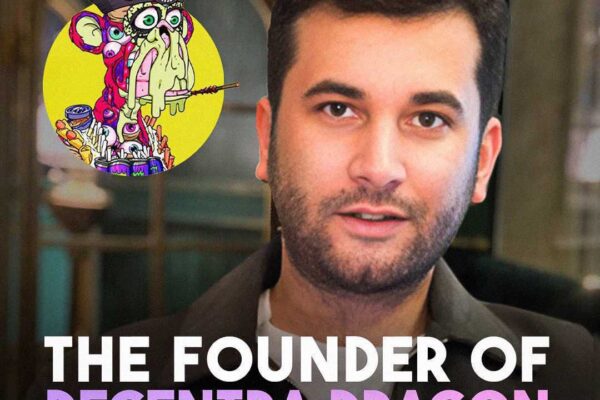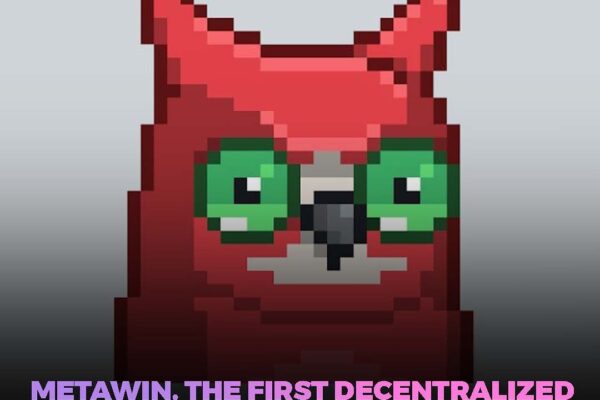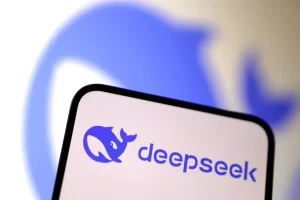The Azuki DAO has voted to return funds generated by the launch of the latest Elementals NFT collection to the community. The vote was passed with an overwhelming majority, but the controversy surrounding the Elementals collection is far from over.
The Elementals NFTs were launched in February 2023 and quickly attracted approximately $38 million worth of ether in a 15-minute minting frenzy. However, the community was not happy with the artwork, which closely resembled the original Azuki NFTs.
A faction of Azuki holders is now lobbying for the return of nearly 20,000 ether, citing reasons from dissatisfaction with the collection to alleged scamming by the team.
The contentious point lies in the perceived similarities between the new Elementals NFTs and the original Azuki collection launched in February 2022. Critics argue that despite having distinct branding narratives, the designs share too much likeness, leading to a drop in Azuki’s floor price by nearly 50%.
In response to the crisis, the AzukiDAO was formed. The DAO is composed of 72 members and is voting on a proposal to recover the spent ether. A single holder has contributed nearly 40% of the “yes” votes.
The proposal reads:
We have provided support to Azuki during its highs and lows. We have contributed to building a sub-community and promoting the brand in various ways. Despite our efforts, we have only been given a similar profile picture to that of the original Azuki holders, and nothing more. The team is blatantly scamming us with empathy checks and promises.
The group advocates allocating any reclaimed funds back to the DAO with the goal of fostering growth in the Azuki community by rewarding artists, content creators, and builders. An overwhelming 88% of voters, over the weekend, supported the proposal to return the money to users instead of being issued new NFTs.
AzukiDAO members are also considering legal measures against Azuki creator “Zagabond” for allegedly performing a “rug pull” on multiple projects.
The outcome of this battle in the NFT world remains uncertain, but one thing is sure: the unfolding events continue to spark debate over the legitimacy and reliability of the new wave of digital assets.
In a surprising twist, the saga of AzukiDAO has taken another unfavorable turn. The group’s governance token contract, named “bean,” has fallen victim to a hacking incident. The vulnerability in the contract was exploited by two attackers, leading to a loss of 35 ETH, as reported by Twitter user @MetaSleuth.
The hack can be traced back to a significant oversight in the contract. The signatureClaimed variable was not correctly validated, thereby allowing an opportunity for replay attacks. In such a scenario, valid data transmissions are maliciously repeated or delayed, resulting in unauthorized profits for the perpetrators.
Following this incident, all activities related to the contract have been temporarily suspended. This development adds a new layer of complexity to the ongoing disputes within the Azuki community. It underscores the urgency for stringent security measures and thorough contract validation in the increasingly volatile world of digital assets.
As the AzukiDAO seeks to remedy the situation, the wider NFT community watches with bated breath, anticipating the resolution of this intricate drama. The repercussions of this episode may shape the future regulatory framework and investor trust in decentralized organizations and non-fungible tokens.
Want more? Connect with NFT News
Follow us on Twitter
Like us on Facebook
Follow us on Instagram
*All investment/financial opinions expressed by NFT News are from the personal research and experience of our site moderators and are intended as educational material only. Individuals are required to fully research any product prior to making any kind of investment.

This information is published by the NFT News media team.











